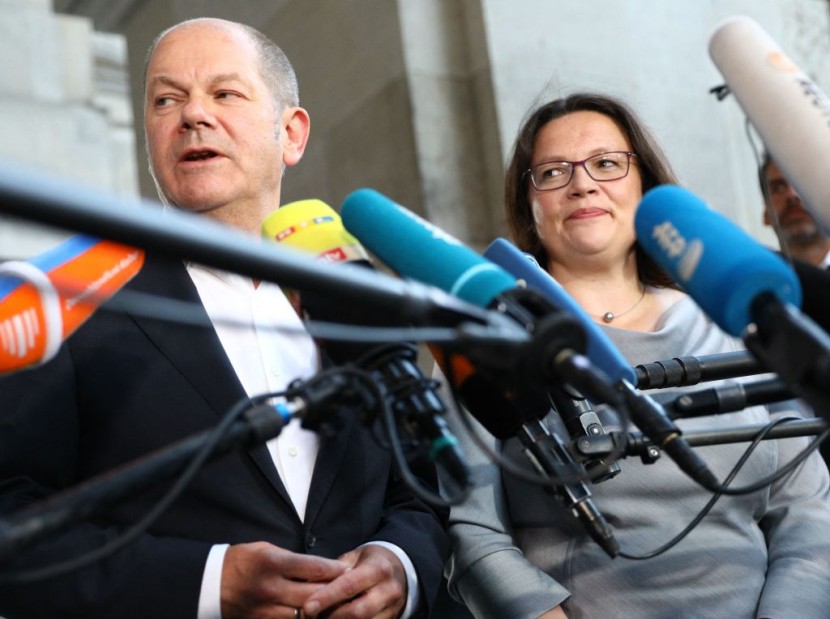
The German government is planning a budget cut to rein in debt but seeks to increase the amount of military spending.
Authorities approved a federal budget on Wednesday, and the proposed package foresees spending $485 billion next year. The number represents a reduction of roughly 6% from this year. They are taking on just $18 billion in fresh debt, a considerable cut of over 50%.
Germany's Planned Budget Cut
The country's budget for next year will be the first time it will return to the cap on borrowing imposed by the nation's Constitution since it was suspended at the outset of the COVID-19 pandemic.
The government staying within that limit meant it would have to cut spending over the next two years, except for the military. Funds that were earmarked for defense would help the nation reach its obligation as a member of the NATO military alliance, where it needs to spend at least 2% of gross domestic product on its military next year, as per the New York Times.
Germany's finance minister, Christian Lindner, presented the budget as a return to the fiscal austerity for which his country was famous. However, critics have argued that officials' insistence on steep cuts outside the military would only limit the nation's ability to remain a globally competitive industrial power.
Despite the United States pressuring Germany, Berlin last spent 2% of its GDP on defense in 1991, a year after the former East and West German nations reunified. However, some argued that officials refused to raise the military budget significantly; the government only provided a temporary boost.
Furthermore, the severity of the cuts to social services resulted in criticism from economists, unionists, and welfare providers. The government's budget cut includes reduced spending to a plan that helps alleviate child poverty and a large cut to allow annual income for new parents to qualify for government-paid parental leave.
Increasing Military Spending
Lindsey said that the ballooning public debt resulting from the health and energy crises following Russia's invasion of Ukraine meant drastic spending cuts have become unavoidable, according to Politico.
In a statement, the finance minister said it is just the beginning of the fiscal turnaround, arguing that they need to free the state from debt without pressuring people and businesses with more taxes.
On Wednesday, German Chancellor Olaf Scholz said that the budget was challenged by the fact that many have become used to the large spending. On the other hand, Stefan Korzell of the German Federation of Trade Unions said that restricting borrowing to a fraction of GDP only stopped the country from moving toward the future.
The situation comes as Scholz's government is returning to comply with the country's so-called debt brake this year. This allows new borrowing only 0.35% of the annual gross domestic product. Also, it can be suspended to deal with natural disasters or other emergencies that the state cannot directly control, said the San Francisco Chronicle.
© 2026 HNGN, All rights reserved. Do not reproduce without permission.








